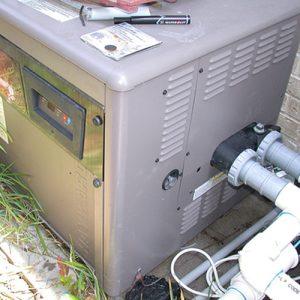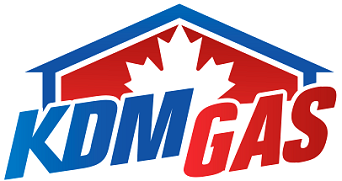 Pool heaters can overheat if they are not properly maintained or if there are issues with their functioning. Here are a few scenarios where a pool heater may overheat:
Pool heaters can overheat if they are not properly maintained or if there are issues with their functioning. Here are a few scenarios where a pool heater may overheat:
- Lack of Water Flow: Pool heaters rely on water flow to prevent overheating. If there is a restriction in the water flow, such as a clogged filter, closed valves, or blocked pipes, the heater may not receive adequate water circulation. Insufficient water flow can lead to overheating of the heater’s internal components.
- Malfunctioning Thermostat: The thermostat in a pool heater controls the temperature and ensures it does not exceed the set limit. If the thermostat malfunctions or gets stuck, it may fail to regulate the temperature effectively, resulting in overheating.
- Improper Installation or Ventilation: Pool heaters need proper installation and ventilation to dissipate heat. If the heater is installed in a confined space without adequate ventilation or if the venting system is obstructed, it can lead to heat buildup and potential overheating.
- Failure of Safety Mechanisms: Modern pool heaters are equipped with safety mechanisms to prevent overheating, such as high-limit switches or pressure relief valves. If these safety features fail or are improperly set, the heater may continue to operate at high temperatures, risking overheating.
Overheating can cause damage to the pool heater and potentially lead to safety hazards. If you suspect that your pool heater is overheating, it is crucial to address the issue promptly. Contact a professional pool technician who can inspect and troubleshoot the heater to ensure it operates safely and efficiently.
To determine if you’re overworking your pool heater, there are a few factors to consider:
- Heater Specifications: Check the manufacturer’s specifications and guidelines for your pool heater. It will provide information on the recommended operating time and temperature range. Exceeding these limits may strain the heater.
- Heating Duration: How long is the pool heater running each day? If the heater is consistently running for extended periods, it could indicate overworking. Pool heaters are designed to maintain a specific temperature rather than rapidly heat the water.
- Temperature Differential: Consider the temperature difference between the desired pool temperature and the current water temperature. If you’re trying to maintain a high temperature during colder months, the heater may need to run longer, which is normal. However, if there is a significant temperature difference during warmer periods, it might indicate a potential issue.
- Energy Consumption: Monitor your energy consumption. If you notice a significant increase in your energy bills without any other explanation, it could be due to prolonged and excessive heater usage.
- Maintenance and Repairs: Regular maintenance and prompt repairs are essential to ensure the efficient operation of your pool heater. If your heater is not well-maintained or requires repairs, it may need to work harder to achieve the desired temperature.
If you’re concerned about overworking your pool heater, it’s advisable to consult with a professional pool technician. They can assess your specific situation and provide guidance based on the type and condition of your heater, pool size, climate, and usage patterns.
